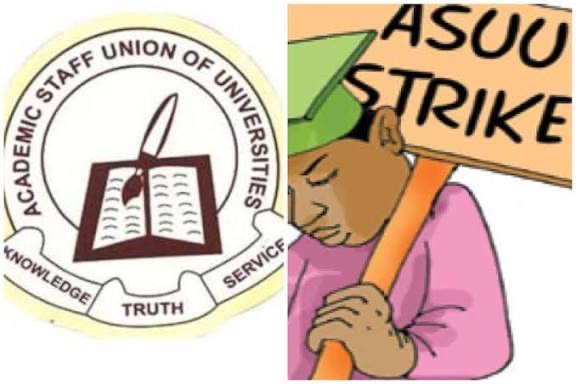ASUU Strike Paralyzes Nigerian Universities; Federal Government Takes Strong Measures

The latest strike action by the Academic Staff Union of Universities (ASUU) has brought academic activities across many Nigerian universities to a standstill. In response, the Federal Government is reportedly taking decisive steps to clamp down on the disruption and restore academic normalcy.
Quick Insight: Prolonged strikes disrupt student progression, institutional planning, research output, and national human capital development. Strong government intervention may help—but resolution requires fair dialogue and sustainable funding models.
1. Impact of the Strike
• Lectures, exams, and academic calendars have been disrupted across federal and state universities.
• Many students are left in limbo—unable to sit exams, register for new courses, or graduate on schedule.
• Research projects, collaborations, and institutional funding cycles are adversely affected.
• University revenue (hostel fees, services) also suffers as campuses scale down operations.
2. Government’s Response
• The federal government is reportedly considering enforcing back-to-work directives or sanctions for participating staff.
• Negotiation teams and intervention committees are being set up to engage ASUU leadership.
• Contingency academic plans may be instituted—such as compressed semesters or rescheduling of sessions.
• Some institutions may be placed under special directives to minimize disruption.
3. Challenges & Key Questions
• Can government enforcement force academics back without addressing underlying grievances?
• Will compressed schedules compromise academic quality and student welfare?
• Are permanent funding and infrastructure reforms part of the solution, or only temporary fixes?
• What safeguards will ensure future strikes don’t become a recurring crisis?
What This Means for Students & Schools
• Students may face extended study periods, delays in graduation, and increased financial burden.
• Schools must prepare flexible academic plans and student support systems.
• Private institutions and states unaffected may become more attractive by comparison.
• Stakeholders should pressure for sustainable funding models and predictable academic calendars.
